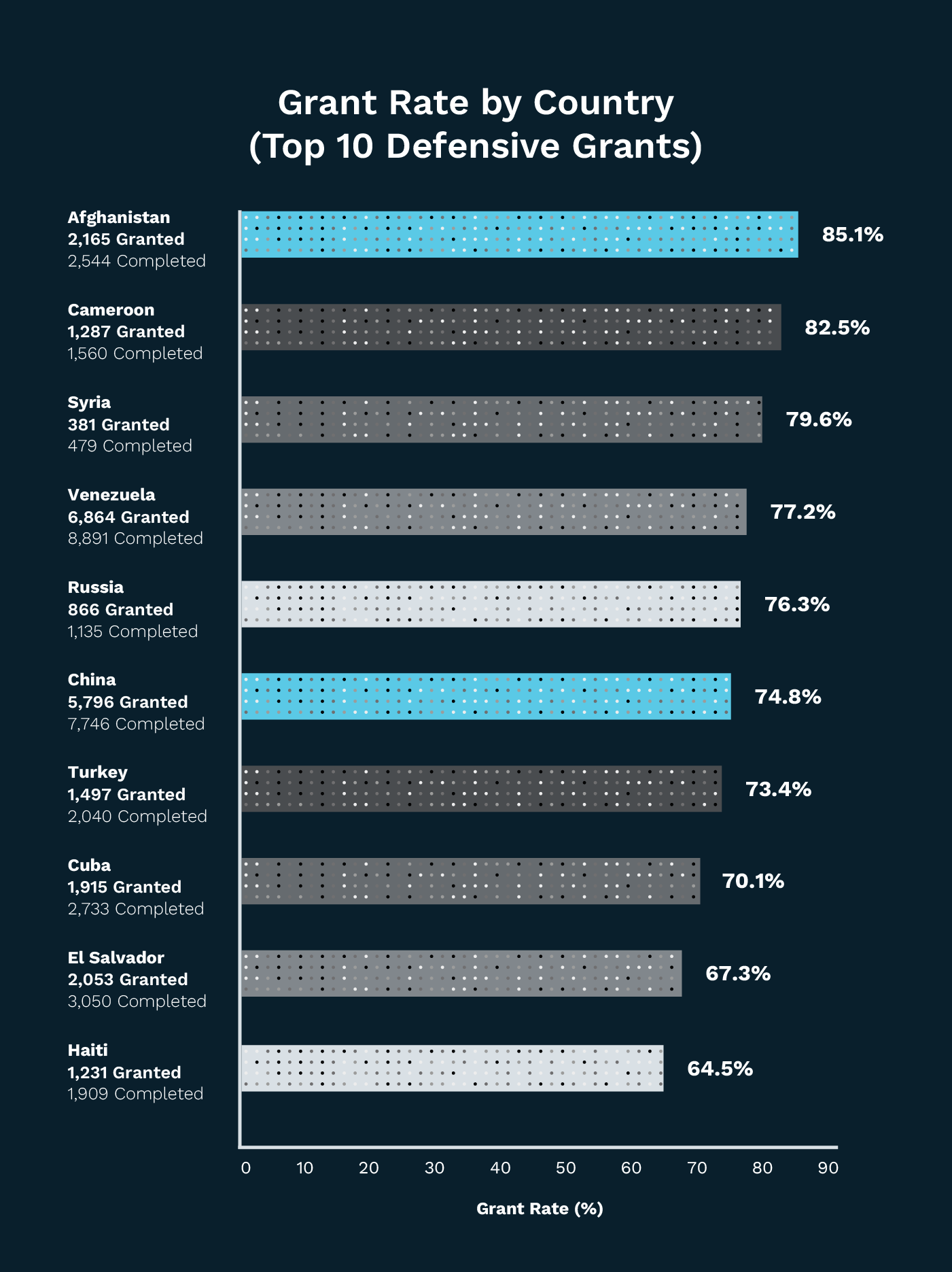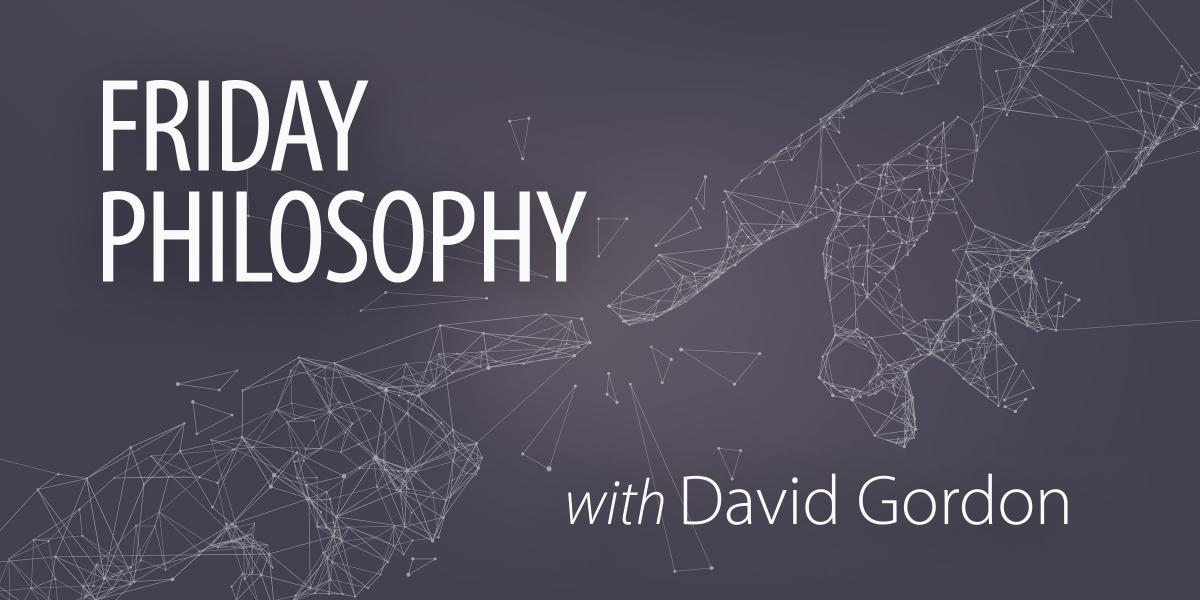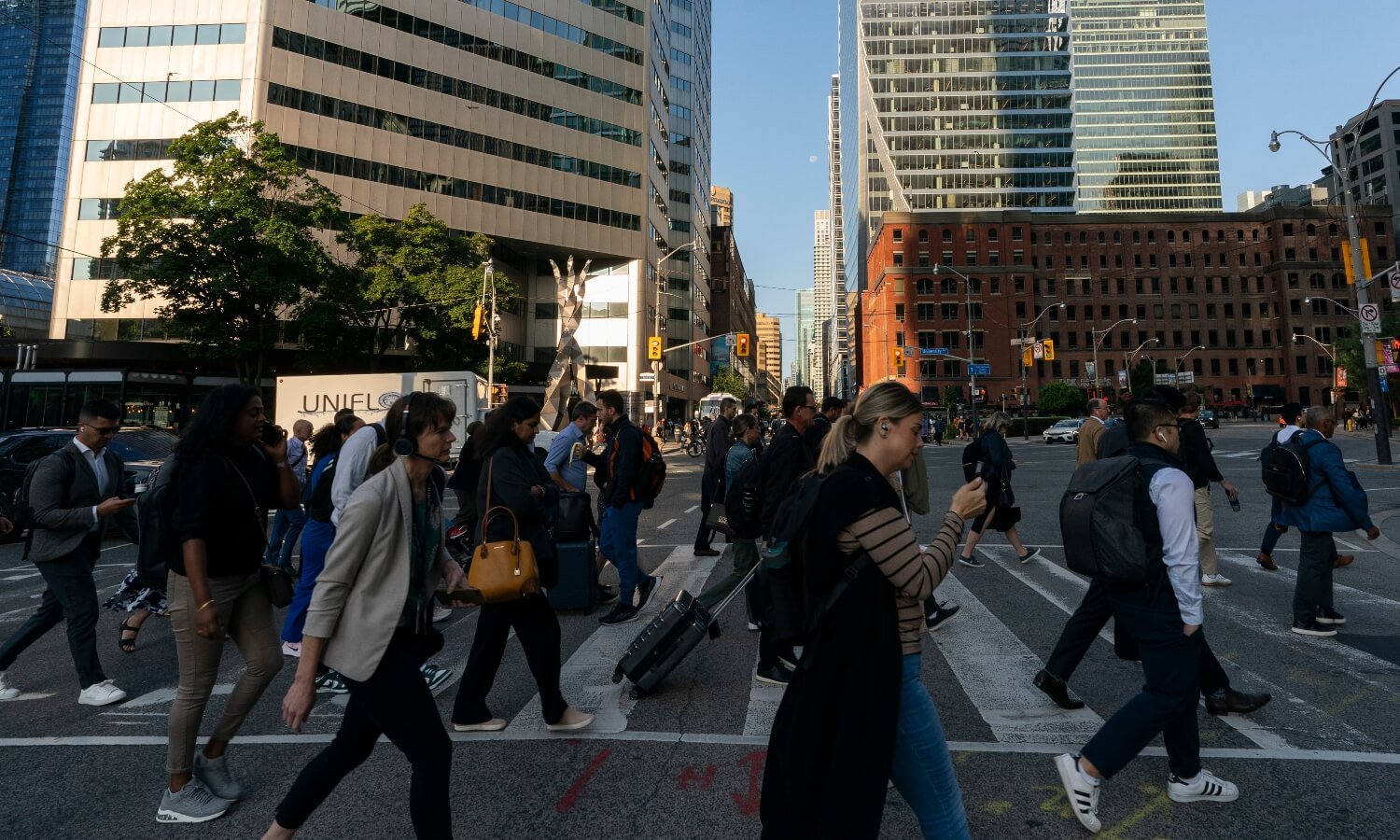I have written a lot on dissent and how it serves in the truth-finding process (for selections, see my blog posts here and here, and some of my academic articles like the award-winning “Cascading Expert Failure” and “Expert Failure and Pandemics: On Adapting to Life with Pandemics,” coauthored with Abigail Devereaux of Wichita State University, Nathan Goodman of the Mercatus Center, and Roger Koppl of Syracuse University). Indeed, I believe dissent is so important, I teach it in my classes. I actively encourage my students to find information and challenge me. Being able to question is vital to revealing more information and for both the expert and nonexpert to achieve their goals.
Of course, dissent forces each party to shore up their arguments and reveal more information. But dissent is also vital because it reveals the knowledge each party has. Nelson and Winter discuss this effect in their 1982 book An Evolutionary Theory of Change. Parties must make assumptions and those assumptions may not even be known to them.
For example, a forecast of commodity prices requires assumptions about the major factors affecting supply and demand, expected weather conditions, the likelihood of major tail events, and so on. Additionally, since models are generalizations of observed phenomena, even the choice of models entails assumptions about conditions, margins the actors can adjust along, and the like. Dissent and the conversation it spurs help reveal these assumptions, as well as any potential biases the experts may have; we are all human, after all. Additionally, questions from the nonexpert can reveal what information the nonexpert values, which in turn helps shape the expert advice. Given much information is tacit, the dialogue between expert and nonexpert can reveal additional information to both parties as well as shape the interpretative frameworks of both expert and nonexpert.
Democracy, at least in any reasonable sense of the term, is built on the idea of dissent and conversation: citizens discuss and dissent with each other. Conversations and debate happen. The expert in a democracy, therefore, must serve a similar role: as dissenter to and converser with the nonexpert (and to each other). The expert’s ethical duty is to serve this role, not be a Yes-Man who simply acts at the behest of the nonexpert. Dissenting may cause the nonexpert to reevaluate their desires, hopefully in a direction that is actually toward the nonexpert’s true goals.
To that end, I propose a broader version of the Hippocratic Oath geared toward experts in general: the expert shall help, or at least do no harm. That will often involve telling the nonexpert what they don’t want to hear. But that conversation may ultimately lead to better outcomes.
As an Amazon Associate, Econlib earns from qualifying purchases.


























